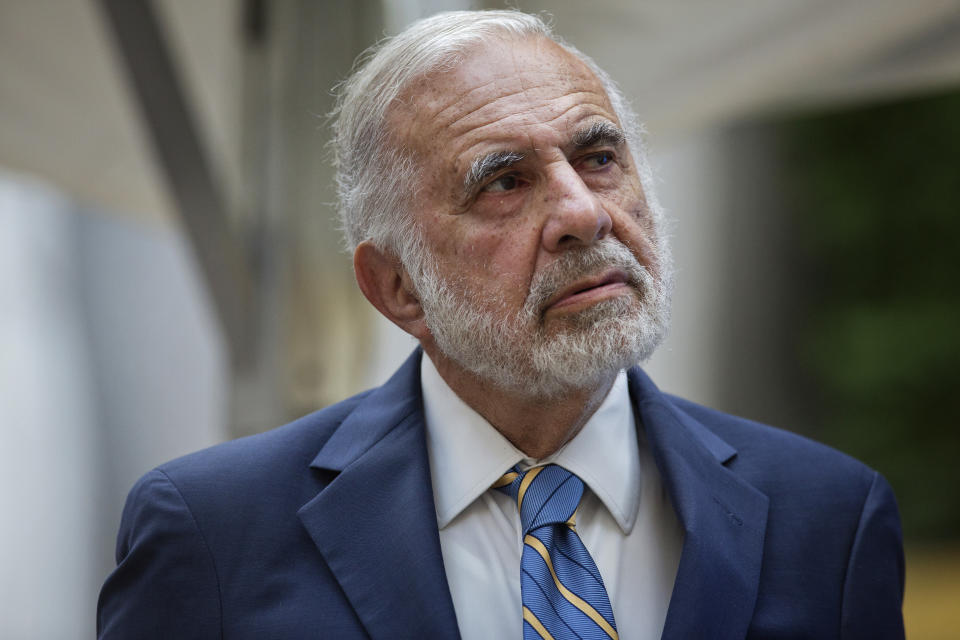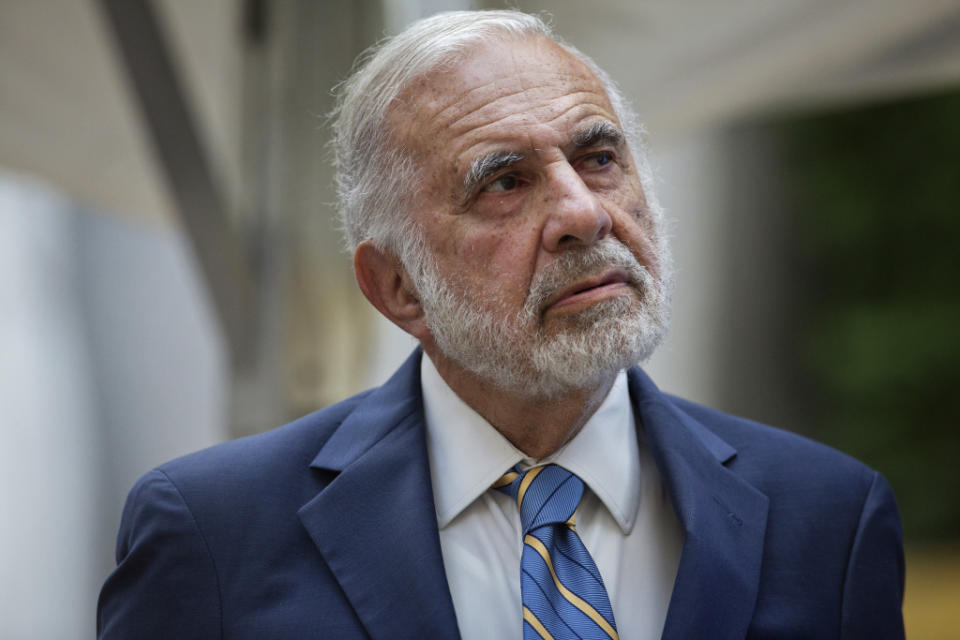This Could Be Why Carl Icahn Quit As a Trump Adviser
Billionaire investor Carl Icahn stepped down from his role as an adviser to President Donald Trump on Friday, just days before The New Yorker published an article detailing how his position posed potential conflicts of interest.
Icahn, who had an unpaid role advising the President on regulatory reform issues, resigned from the post due to “partisan bickering” about his role, he said in a letter to Trump that he published online. In the note, Icahn denied profiting from his position or having access to “nonpublic information.”
“I never sought any special benefit for any company with which I have been involved, and have only expressed views that I believed would benefit the refining industry as a whole,” Icahn wrote, denying any conflicts of interest posed by his role advising Trump.
The article, published in The New Yorker’s Aug. 28 issue, detailed potential conflicts of interest related to rules that require oil refiners to blend ethanol into gasoline. Changes to those rules, part of a law passed under former President George W. Bush, could affect Icahn’s holdings.
One of Icahn’s investment firms, , owns a large stake in CVR Energy, a Sugar Land, Texas-based petroleum refining company. The Renewable Fuel Standard required companies to blend ethanol into their products or purchase credits called “Renewable Identification Numbers.” The price of these credits rose in 2016, according to The New Yorker. The company was spending $200 million a year on the credits -- and the firm’s stock had dropped by 70% from the previous year. Icahn’s position did not require him to divest from any of his holdings or make disclosures about his conflicts of interest.
While serving in the advisory role, Icahn pushed for the rule to be changed. The stock for CVR doubled in the months after the election --”a surge that is difficult to explain without acknowledging the appointment of the company's lead shareholder to a White House position,” the New Yorker wrote. “When you give someone a title, you make him your agent,” Richard Painter, the White House chief ethics lawyer under George W. Bush, told The New Yorker.
Icahn’s resignation comes after a number of other business leaders and CEOs resigned from various White House councils after Trump’s failure to outright condemn white supremacists after a violent and deadly rally took place in Charlottesville, Virginia last weekend.
Icahn’s position was frequently criticized by Democrats. Several Democratic Senators asked U.S. regulators to investigate conflicts of interest related to Icahn’s role. The lawmakers called Icahn’s position “alarming,” putting particular emphasis on his hefty stake in CVR Energy as he pushed the White House to lighten regulatory rules on the U.S. biofuels program.
See original article on Fortune.com
More from Fortune.com


